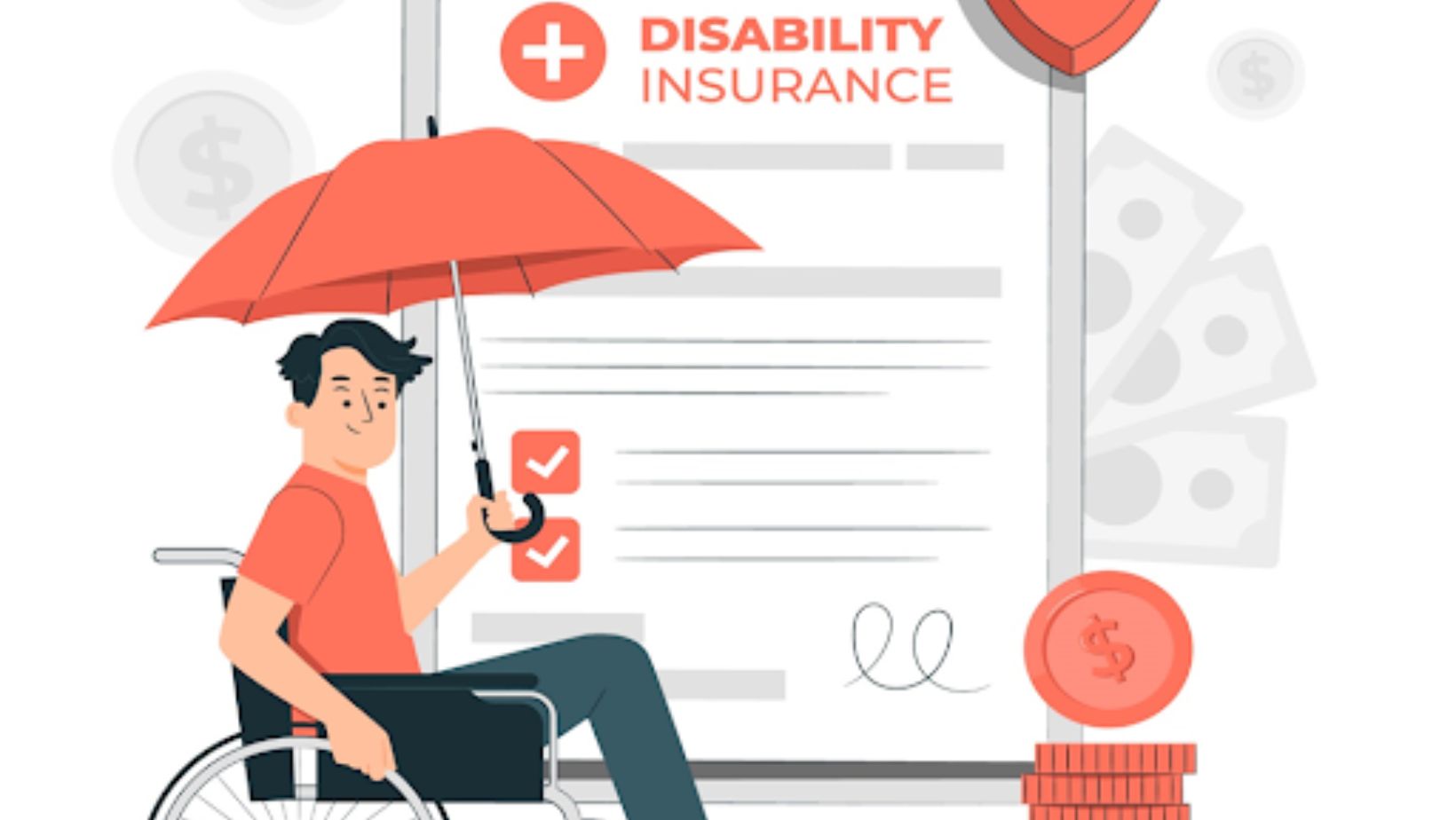Disabilities due to workplace injuries or illnesses can disrupt a worker’s financial stability. Thankfully, several programs are designed to assist impaired workers in maintaining their income and covering essential costs.
Workers’ compensation attorneys can guide you through the process of claiming benefits if you’re uncertain about your options.
The sections below talk about the different benefits available to an impaired worker.
What Are Disability Benefits?
Disability benefits provide financial and medical support to workers unable to perform their jobs due to injuries, illnesses, or disabilities. These benefits cover medical expenses, lost wages, and rehabilitation costs, offering much-needed relief.
According to the Social Security Administration, approximately 8.2 million workers received Social Security Disability Insurance (SSDI) benefits in 2022. This highlights the critical role these programs play in helping workers manage life with a disability.
Types of Disability Benefits
Workers’ Compensation Benefits
Workers’ compensation is a state-mandated program for employees injured or made ill on the job. It typically covers medical bills, rehabilitation costs, and a portion of lost wages. To qualify, workers must report injuries promptly and file claims within their state’s deadlines.
Social Security Disability Insurance (SSDI)
SSDI offers financial aid to workers who are severely disabled and unable to work for at least a year. Applicants must have a sufficient work history and paid Social Security taxes. Though the application process is strict, SSDI provides essential financial stability to workers and their families.
Supplemental Security Income (SSI)
SSI supports disabled individuals with limited income and resources, regardless of work history. This program is available to adults and children, often including Medicaid for medical expenses. Applicants must meet strict financial criteria to qualify.
Private Disability Insurance
Private disability insurance provides another option for those not covered by public programs. Policies can be purchased individually or through an employer. While private insurance can be costly, it often provides higher payouts and more flexibility compared to public programs.
State Disability Insurance

Some states offer short-term disability programs for workers recovering from temporary illnesses or injuries. These programs provide partial income replacement for a limited period and are funded through state taxes or payroll deductions.
Veterans’ Disability Benefits
Military veterans with service-related disabilities can apply for benefits through the Department of Veterans Affairs (VA). These include monthly compensation, healthcare, and pension programs for low-income veterans. Veterans need detailed medical records and service histories to apply.
Applying for Disability Benefits
Successfully applying for disability benefits requires thorough preparation. Start by gathering medical records and documentation of your condition.
Filing your claim on time is essential, as missing deadlines can lead to rejection. Consulting professionals, such as workers’ compensation attorneys, can help you navigate the system, avoid mistakes, and increase your chances of approval.
Final Thoughts
Disability benefits are a lifeline for workers facing financial hardship due to injuries or illnesses. Programs like workers’ compensation, SSDI, and SSI offer critical support.
If you’re unsure where to begin, there are a lot of workers’ compensation attorneys you can get in touch with for expert guidance. With the right assistance, you can secure the financial stability needed to focus on your recovery and future.




